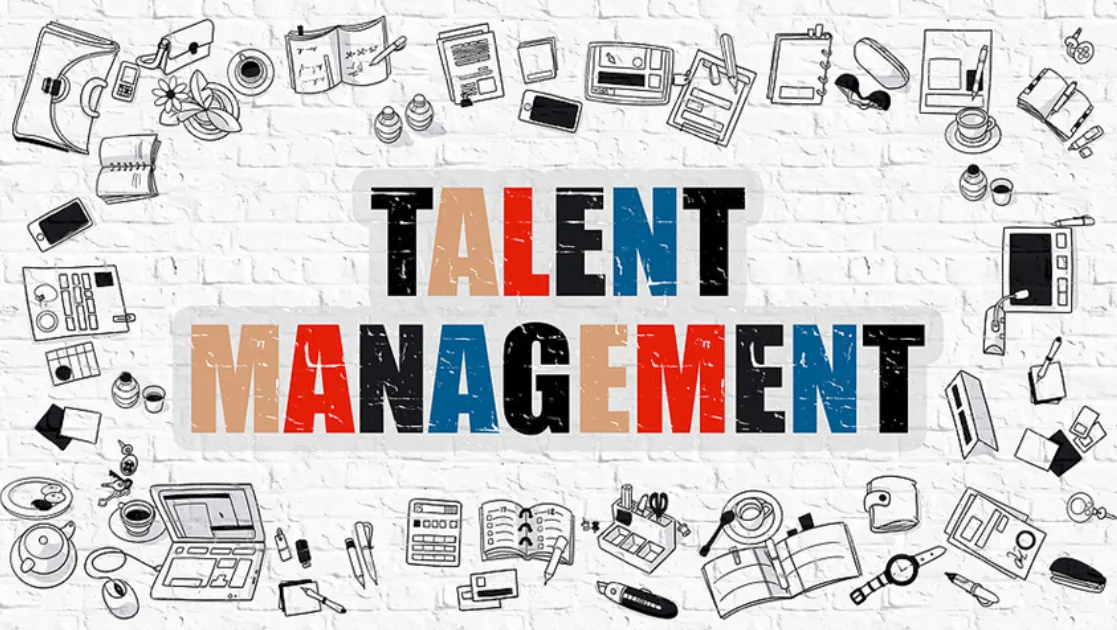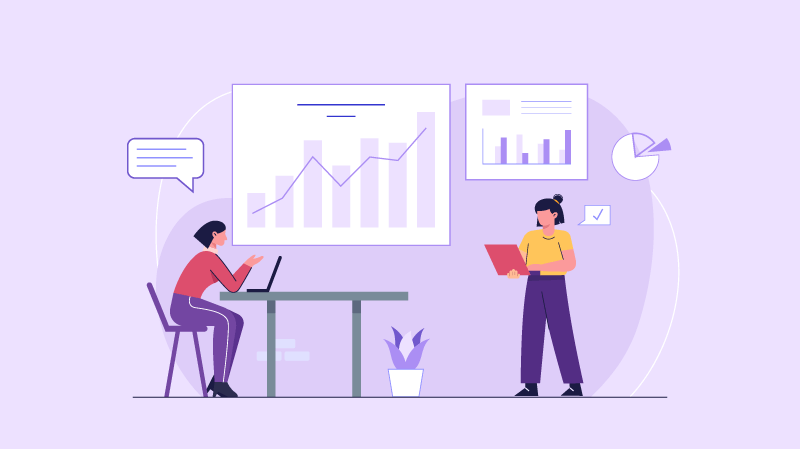The Future of Human Resource Management in a Digital World

From AI integration to cross-platform fluency—discover the must-have technical and soft skills for today’s most in-demand dev roles.

by lshrmglobal
In today’s rapidly evolving business landscape, Human Resource Management (HRM) is undergoing a seismic shift. No longer confined to administrative tasks and personnel issues, HR is now a strategic driver of business performance—especially as technology transforms the way organizations operate. From artificial intelligence (AI) to remote work and digital collaboration tools, HR professionals are adapting to new realities that demand agility, innovation, and a human-centered approach to leadership.
This blog explores how digital transformation is redefining the HR function and what HR professionals need to do to remain relevant and impactful in the years ahead.
1. HRM is Becoming More Strategic
Digital transformation gives HR a seat at the table. Data and analytics enable HR leaders to make strategic decisions, such as workforce planning, leadership development, and engagement initiatives. HR is now expected to:
-
Align talent strategy with business goals
-
Anticipate skills gaps and workforce needs
-
Foster cultures of innovation and inclusion
The future HR department is not reactive—it’s proactive, predictive, and aligned with the strategic vision of the company.
2. Automation is Replacing Repetitive HR Tasks
Routine tasks like resume screening, interview scheduling, onboarding paperwork, and leave management are increasingly being automated. Chatbots and AI-powered tools allow HR professionals to focus on higher-value work like:
-
Employee experience design
-
Culture-building
-
Leadership coaching
-
Complex problem-solving
Example Tools:
-
HireVue for AI-driven video interviews
-
BambooHR for streamlined employee management
-
Workday for enterprise-wide HR automation
3. The Remote & Hybrid Revolution
COVID-19 accelerated remote work, but the shift is here to stay. HR must now design policies and systems that support hybrid work environments, which require:
-
Trust-based management systems
-
Digital collaboration platforms (Zoom, Slack, Trello)
-
Virtual onboarding and team building
-
Cybersecurity and data privacy awareness
Remote work also demands rethinking employee well-being and ensuring equitable access to growth opportunities regardless of location.
4. HR Analytics and Data-Driven Decision Making
One of the most game-changing developments in HRM is the rise of people analytics. With access to workforce data, HR can now:
-
Predict employee turnover
-
Identify high-potential talent
-
Track engagement and productivity trends
-
Justify investments in training and development
Using data turns HR into a business partner backed by evidence, not intuition.
Tip: Start small—track metrics like time-to-hire, absenteeism rate, and employee satisfaction score, then scale up.
5. The Role of AI in Hiring and Talent Management
AI-powered tools can reduce bias, improve hiring accuracy, and speed up the recruitment process. From chatbots that handle candidate queries to software that analyzes video interviews, AI is revolutionizing the talent lifecycle.
However, HR must remain vigilant to:
-
Avoid algorithmic bias
-
Maintain ethical standards
-
Combine tech insights with human judgment
Human + AI = the future of smarter, fairer HR.
6. Reskilling and Upskilling Will Define Talent Strategy
As roles become more fluid and new technologies emerge, continuous learning becomes non-negotiable. HR must champion:
-
Internal mobility
-
Personalized learning paths
-
On-demand digital learning platforms
-
Leadership development pipelines
Organizations that invest in employee growth are more likely to retain top talent and stay agile in the face of disruption.
7. Employee Experience is the New Competitive Advantage
In a digital world, people expect personalization, flexibility, and purpose at work. HR must:
-
Design inclusive and flexible workplace experiences
-
Listen to employee feedback via digital pulse surveys
-
Celebrate diversity and psychological safety
-
Prioritize mental health and well-being
When people feel valued and empowered, they bring their best selves to work—driving performance, loyalty, and innovation.
8. The Evolving Role of the HR Professional
Tomorrow’s HR leaders need a blend of:
-
Tech fluency: Understanding tools, platforms, and data
-
Business acumen: Aligning people with profit
-
Emotional intelligence: Leading with empathy and clarity
-
Change agility: Guiding organizations through transformation
The HR of the future isn’t just about people—it’s about strategic partnerships, innovation, and continuous reinvention.
✅ Conclusion: Is Your HR Ready for the Future?
The digital age presents both challenges and opportunities for HRM. Those who embrace technology, lead with empathy, and adapt to change will be best positioned to thrive in the future of work.
Whether you’re an HR generalist, specialist, or leader—it’s time to upskill, think strategically, and become a driving force in your organization’s evolution.

